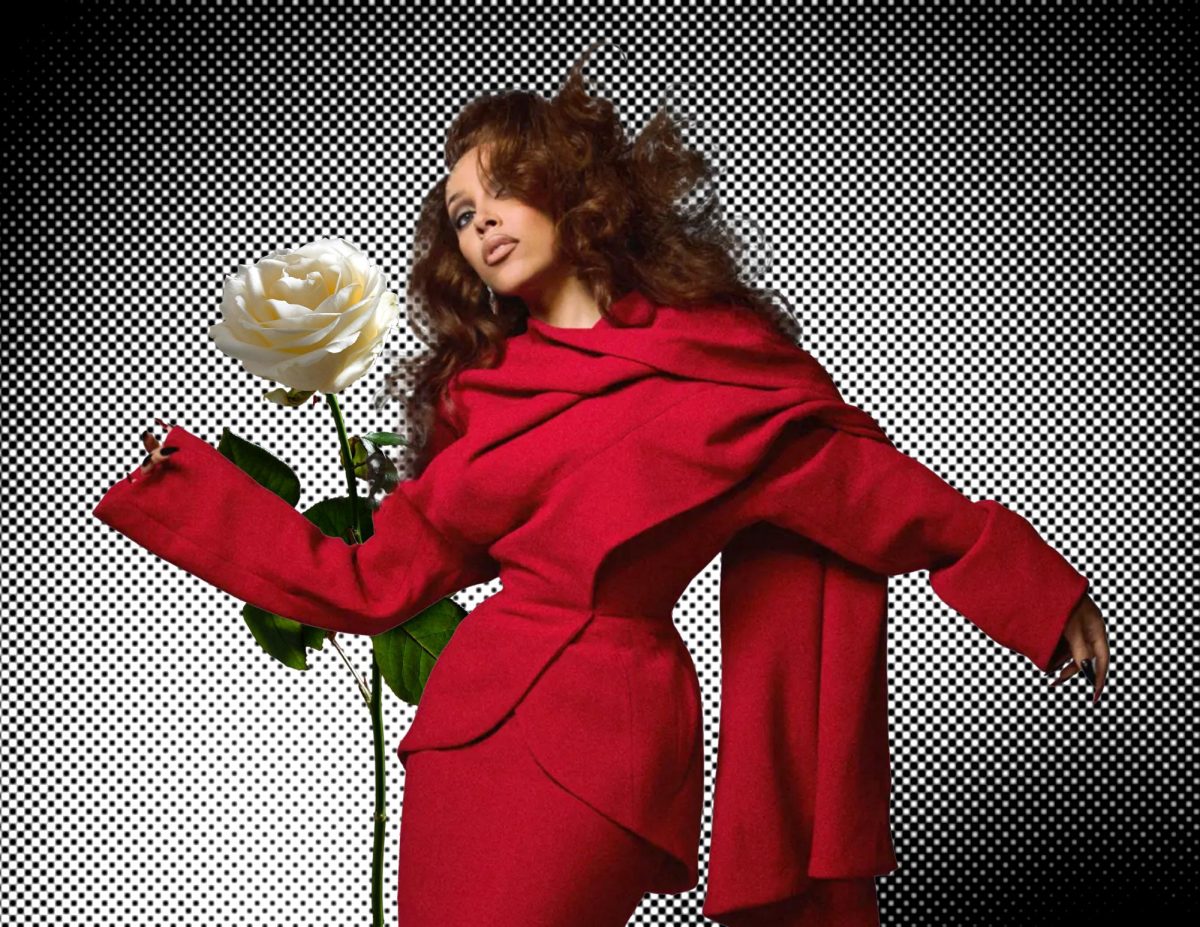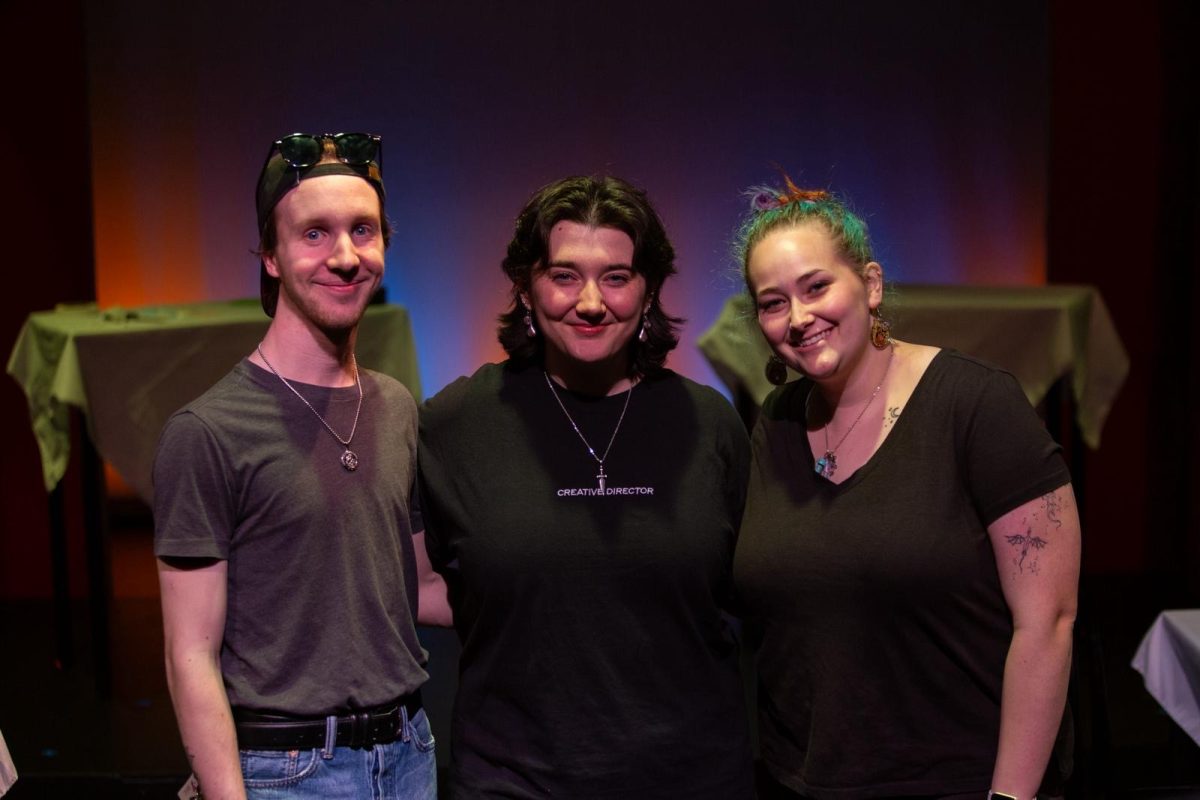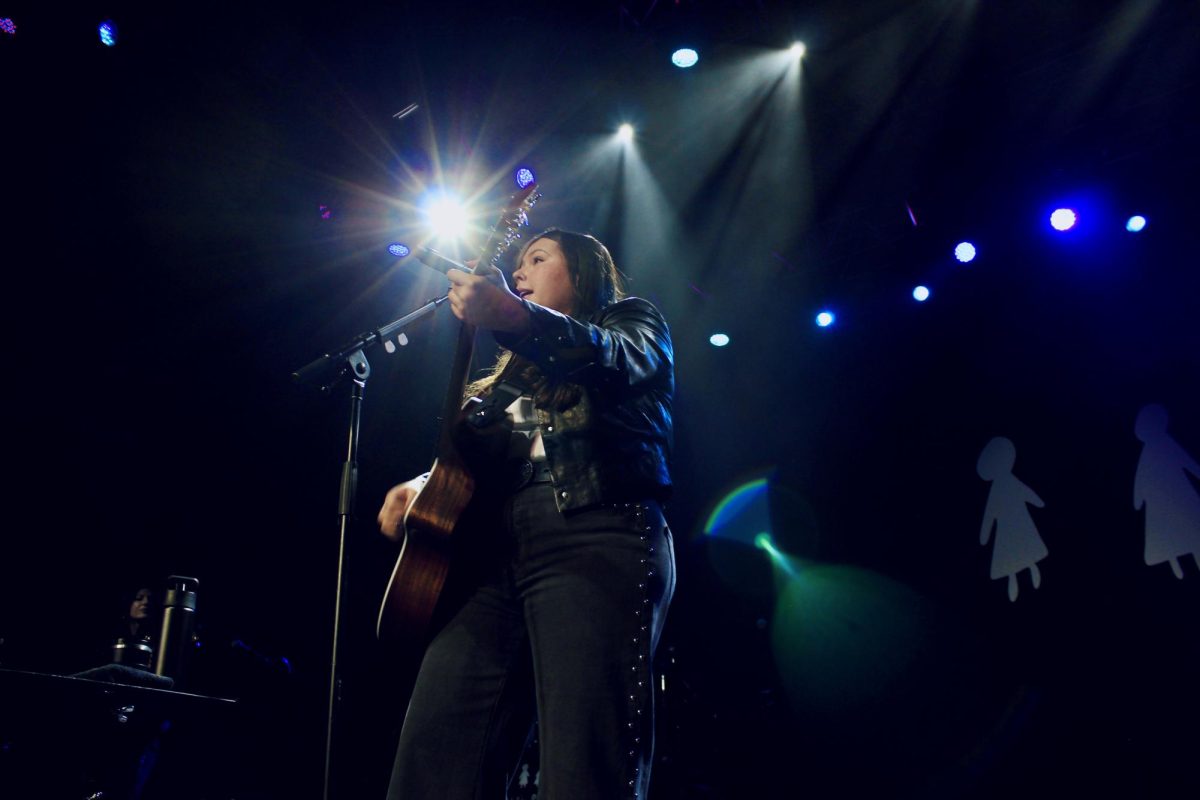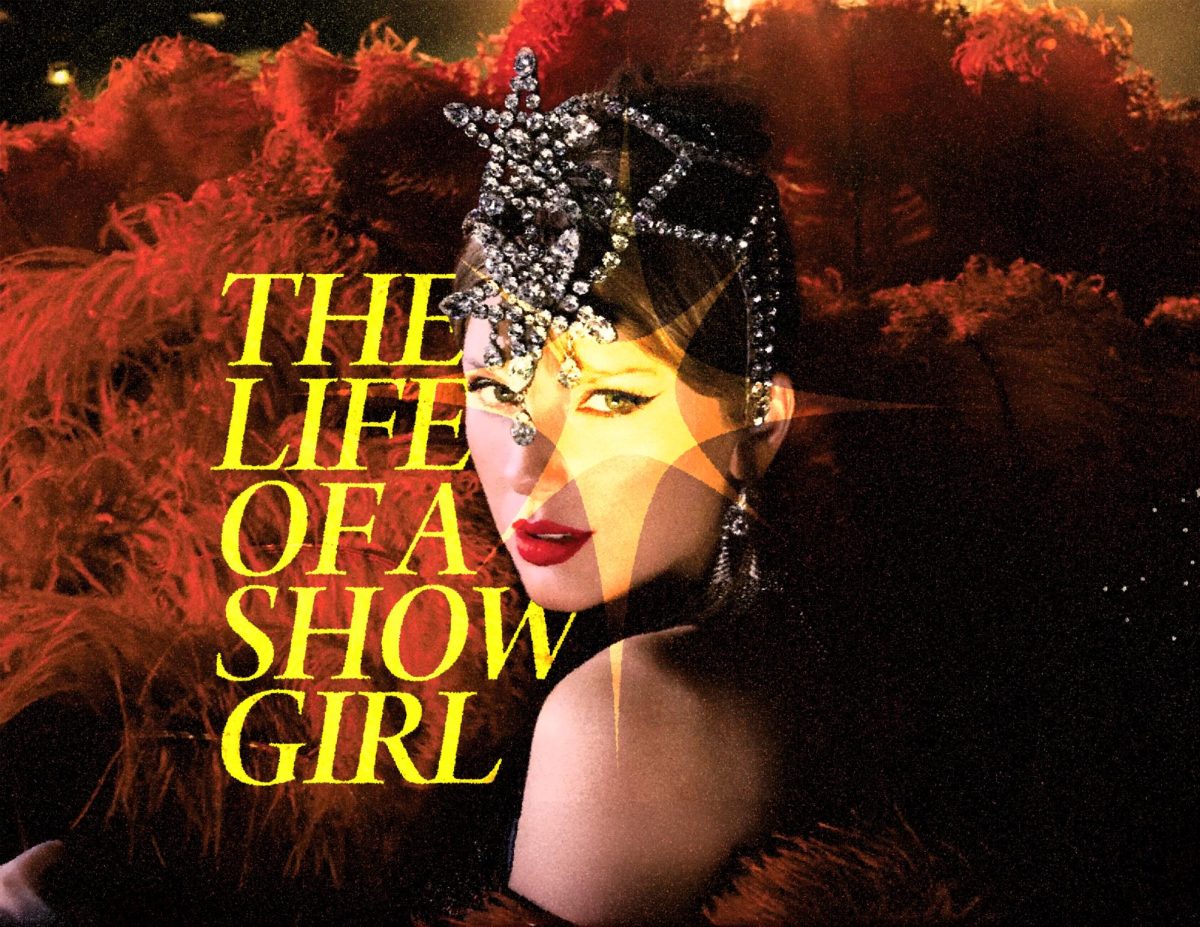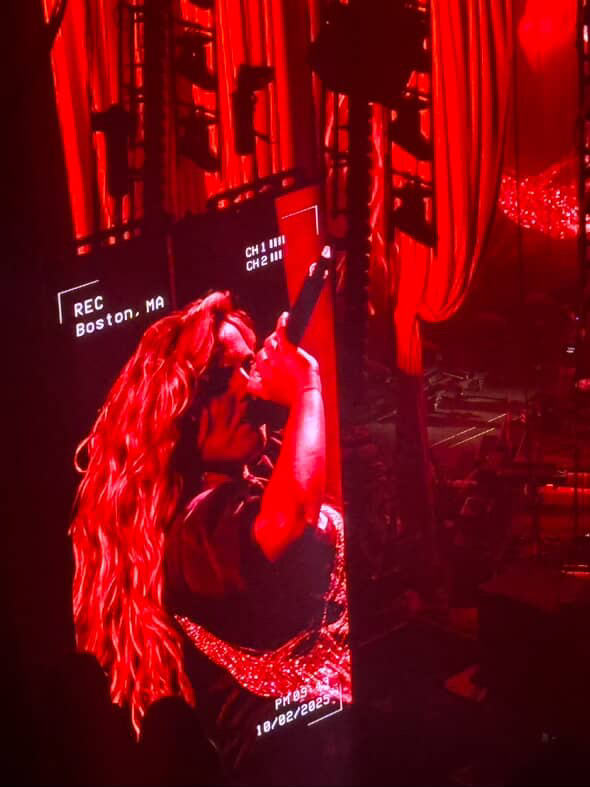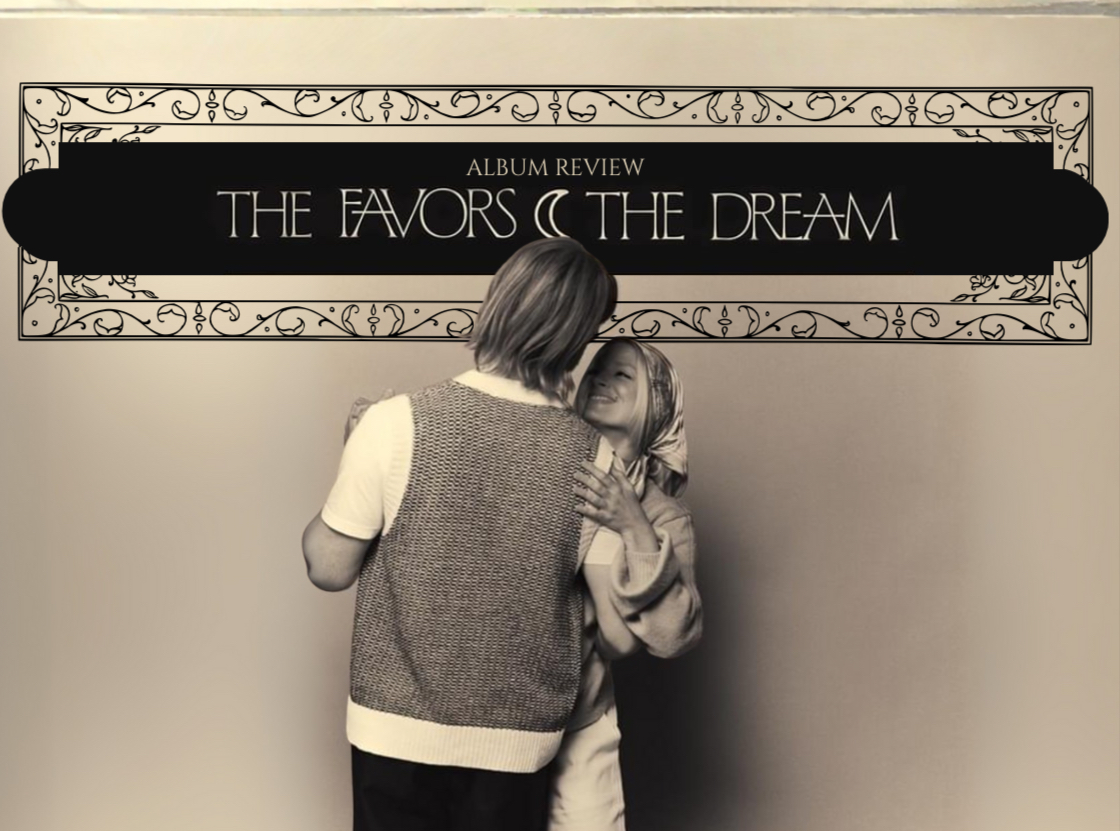Doja Cat is not an artist to be put in a box. Her newest album, “Vie,” which is French for “life,” completely departs from her previous radio pop anthems and rap records. Instead, she is unloading her heart and time-traveling to curate ‘80’s-inspired love songs.
She leaned into her soft side for this record, exploring different production elements and storytelling. A few of her lyrics are in French, which adds such a dynamic element with the album title in mind. This is her first time working with producer powerhouse Jack Antonoff, who produced nine tracks and is credited on all of them. Synths, keys and saxophone blast all the way through this album until you have had enough.
The opening track, “Cards,” is a bold and adventurous start to an eccentric album. The ‘80s drums and jazz-like influence caught my immediate attention. Her telling her partner to “lay your cards” is an incredibly catchy and visual metaphor. She explores how playing your cards can be risky, but with the right amount of luck, you might get it.
“Jealous Type,” the lead single from “Vie,” is pure pop gold. It could be argued that it is mainstream and defeats the purpose of her straying away from pop, but you cannot deny the funk and danceability of this track. It resembles some of the newer Bruno Mars tracks with bass and cymbal hits front and center.
Antonoff’s production shines bright in “AAAHH MEN!” with prominent synths and cowbells. Every second, the track has no idea where it is going and is marvelously chaotic. It feels like you are being dragged by Doja through a packed club while she takes you from the dance floor, to the bathroom and then outside. Her unique vocals in this track really stood out to me with the iconic adlibs and screams.
The most anticipated track for me, “Take Me Dancing” featuring SZA, completely failed to meet my expectations. Albeit a solid pop song, nothing about the lyrics or melody stood out to me. To be fair, it is hard to follow up such a smash hit like their last collaboration in 2021, “Kiss Me More.”
Possessive Doja comes out fighting in the following track, “Lipstain.” One of my favorite tracks on the album has so many desirable production elements that make it so danceable. Antonoff’s infamous synth strikes through this track, but they are used meticulously and adequately.
“Make it Up” is by far the best track on the album. It opens with a fiery guitar riff that lures the listener in and follows with pure trap beats. The drum pattern is snappy and the classic Doja adlibs make this a perfect meld of her newer sound while also acknowledging her older music.
Boxy kicks, gated reverb and blaring digital effects adorn “Happy.” Music from the ‘80s is a very distinct genre and this song completely delivers that sound. Even though the keyboard and snare kick in every now and again, a hint of R&B influence sneak its way in. This track is so enticing and fluid, I cannot help but dance whenever this comes on.
The closing track, “Come Back,” is the most outlandish but somehow cohesive track on the album. The saxophone and bar chimes are supported by deeper vocals from Doja and lower-registered drums. Just like the album, Doja is mourning the relationship that is meeting its inevitable end.
“I’m pleased I ain’t the bitch you was hopin’ for / If we keep this up and you hold my doors / And you take my bag, and you hold me more / I don’t think that would make up for the hope I lost,” raps Doja.
Electric synths, smashing drums and wind instruments aplenty in this album, and I still want more. Her music before this album is great and still authentic to her, but “Vie” is just utterly Doja. She wanted an album that showcased the music she has been wanting to make since the start, and this record really extends that. There are a few songs on the record that fall short whether they do not align thematically or are just plain boring — but most of the album is cohesive and enrapturing. The funk and groove elements proved that Doja Cat has many layers, and it is the listener’s job to keep peeling them back.


